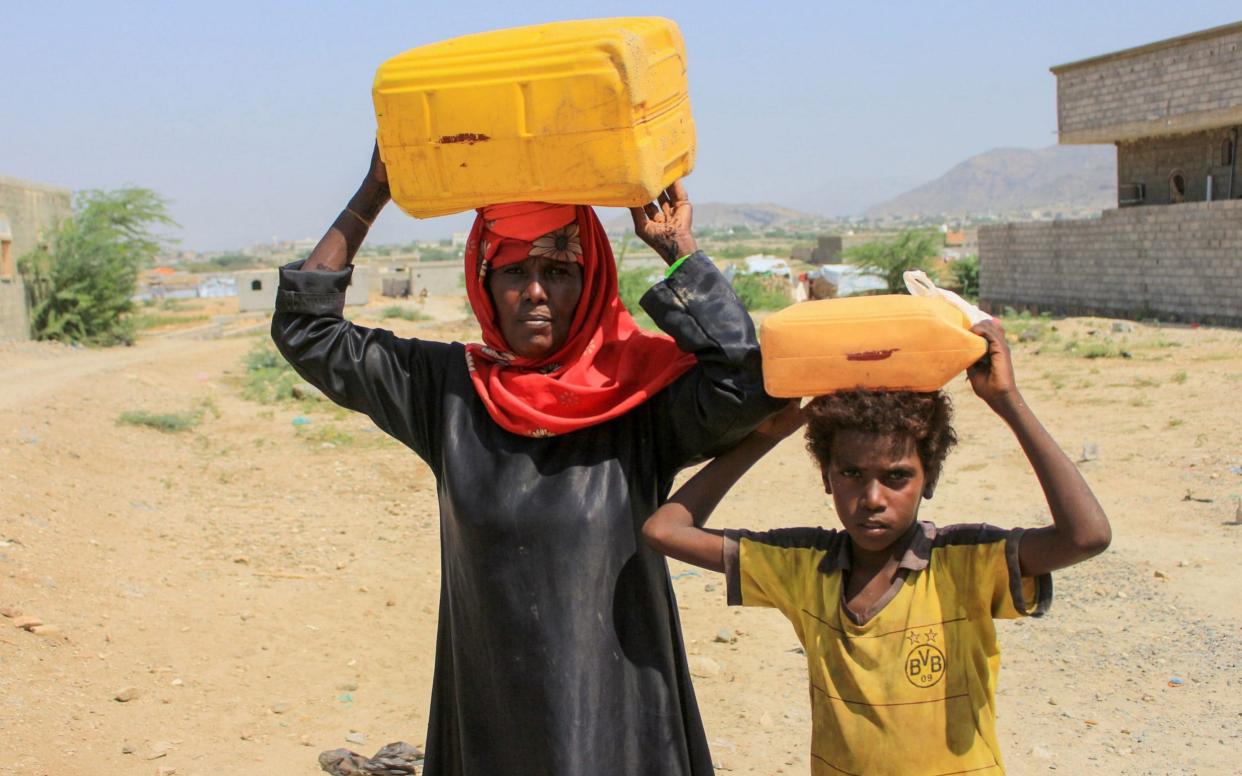Millions of Yemenis lose access to aid amid funding shortfall, UN says

A shortage of funds has meant four million Yemenis have lost access to aid, the United Nations humanitarian chief has said, warning that the “window to prevent famine” is closing in the war-torn country.
Mark Lowcock told the UN Security Council on Thursday that aid agencies had just 42 percent of their programmes funded in Yemen, meaning key services were being axed.
Aid agencies are helping nine million people a month in Yemen, down from 13 million at the start of the year, Mr Lowcock said.
“What is to be the fate of the four million we no longer have the money to help?” he asked.
In his last briefing to the Security Council on Yemen, when the UN’s $ 3.4 billion humanitarian plan for Yemen was just 30 percent funded, Mr Lowcock singled out Saudi Arabia, the United Arab Emirates and Kuwait for contributing nothing this year.
Shortly afterwards Kuwait announced a $20 million donation and Saudi Arabia committed to giving $204 million to UN agencies. The kingdom’s overall $500 million pledge to Yemen was half of 2019. The UAE did not pledge funding for Yemen this year.
In 2018, famine was only averted by an emergency injection of aid, and Mr Lowcock warned that time was running out to do the same in 2020.
“The window to prevent famine in Yemen is closing,” he said. “Funding is up somewhat, but we still have a long way to go to prevent suffering.”
A prisoner swap between the warring sides continued for a second day on Friday. In total, 1,081 prisoners, including 15 Saudis and four Sudanese, were to be exchanged, which Houthi spokesman Mohammed Abdulsalam said on Thursday "brings hope for peace-building".
But overall, the five-year conflict shows little signs of abating. There are now 47 front lines now active across Yemen, according to the UN, the most ever recorded. “Food security data show clearly that the worst hunger is concentrated in areas affected by the conflict,” Mr Lowcock said.
Ending fighting is crucial to improving the humanitarian situation, Mr Lowock said.
“The crisis urgently needs a political solution,” he said. “That’s what would help move the country back from the edge of famine.”

